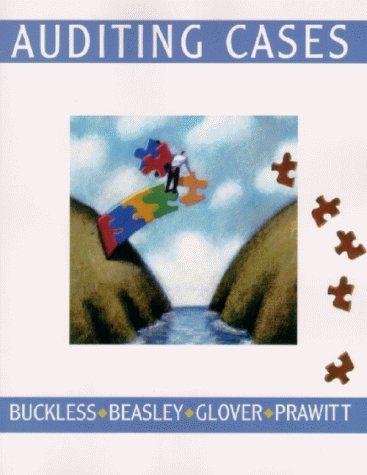Question
This is a multiple choice question I need your help I have a D so if you really dont know the answer please dont get
This is a multiple choice question I need your help I have a D so if you really dont know the answer please dont get me a lower grade because since i have using course hero for the last 5 weeks this is the grade i got so i need someone who can give me the right answers.
1. Research demonstrates that brief interventions to reduce alcohol use.
A. are not effective in the prison setting and should not be used
B. are backed by multiple clinical studies and should be utilized in the prison system
c. should promise but need further research
D. are helpful to reduce alcohol use but do not decrease recidivism
2.which of the following statements about suicide in forensic setting is true?
A. suicide is no more frequent in prison than it is in the general population
b. inmates diagnosed with a mental illness are at higher risk for suicide than other inmates.
c. All inmates undergo a suicide risk assessment
d. suicide rates in jails and prisons has increased since the 1980s
3. which psychiatric disorders place an inmate at the highest risk of suicicde
A. personality disorder
b. eating disorders
c. intellectual disabilities
d.mood disorders
3. which of the following statements is not an area that needs to be assed for suicide risk ?
a. current suicidal ideation and intent
b. compulsions and adherence and self harm behaviors
c. history of past suicide attempts and self harm behaviors
d. protective factors social supports religiosity reasons for living
4. which of the following statements is true about evidence based treatments for incarcerated people?
A. there are a large number of studies showing that psychodynamic treatment is the treatment of choice
b. there is no difference in the treatment of incarcerated people and people in the community
c. there are a limited number of evidence based treatments for the mentally ill who are incarcerated.
d. staff have no interest in learning what treatment are evidence based
Step by Step Solution
There are 3 Steps involved in it
Step: 1

Get Instant Access to Expert-Tailored Solutions
See step-by-step solutions with expert insights and AI powered tools for academic success
Step: 2

Step: 3

Ace Your Homework with AI
Get the answers you need in no time with our AI-driven, step-by-step assistance
Get Started


